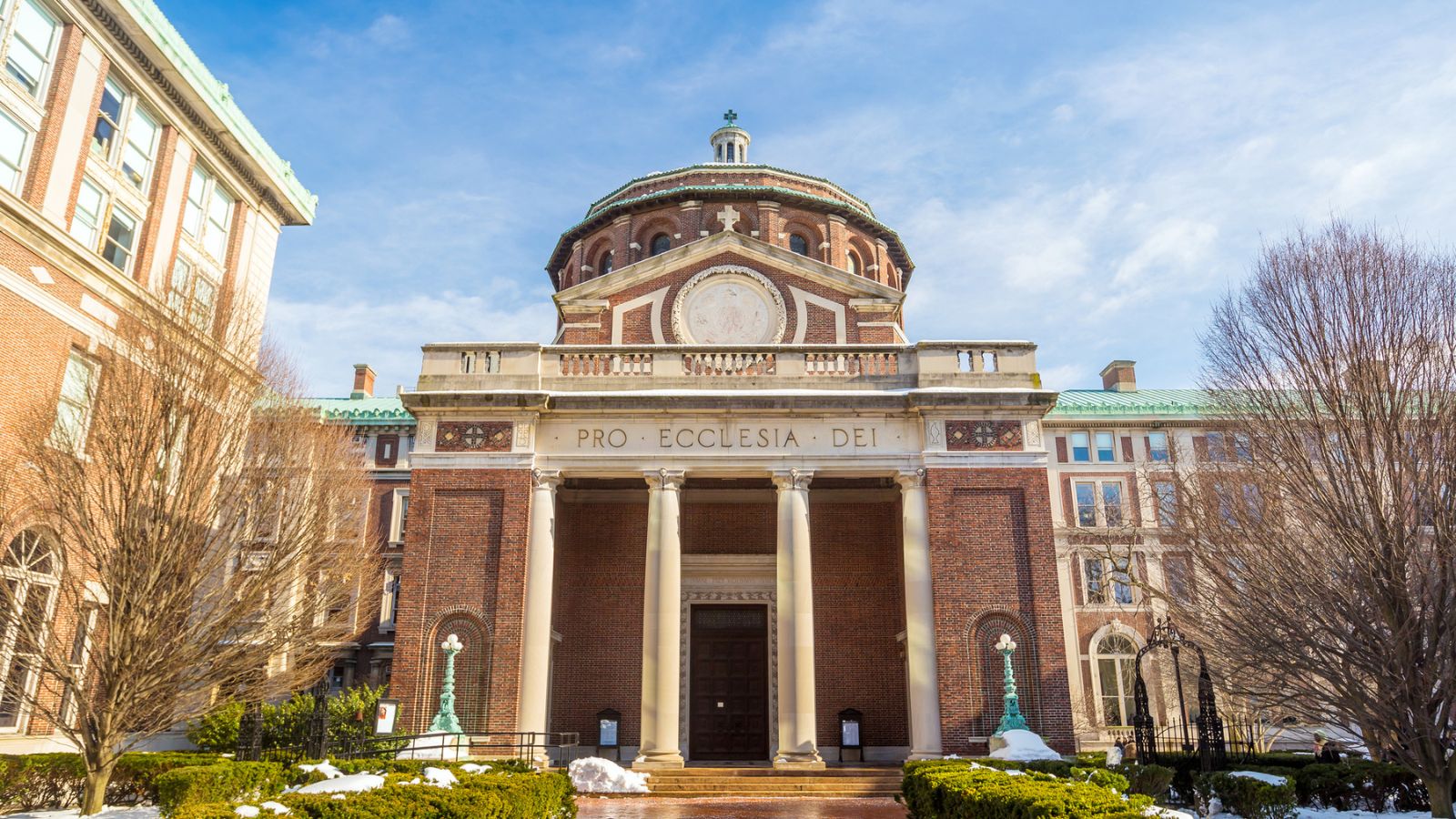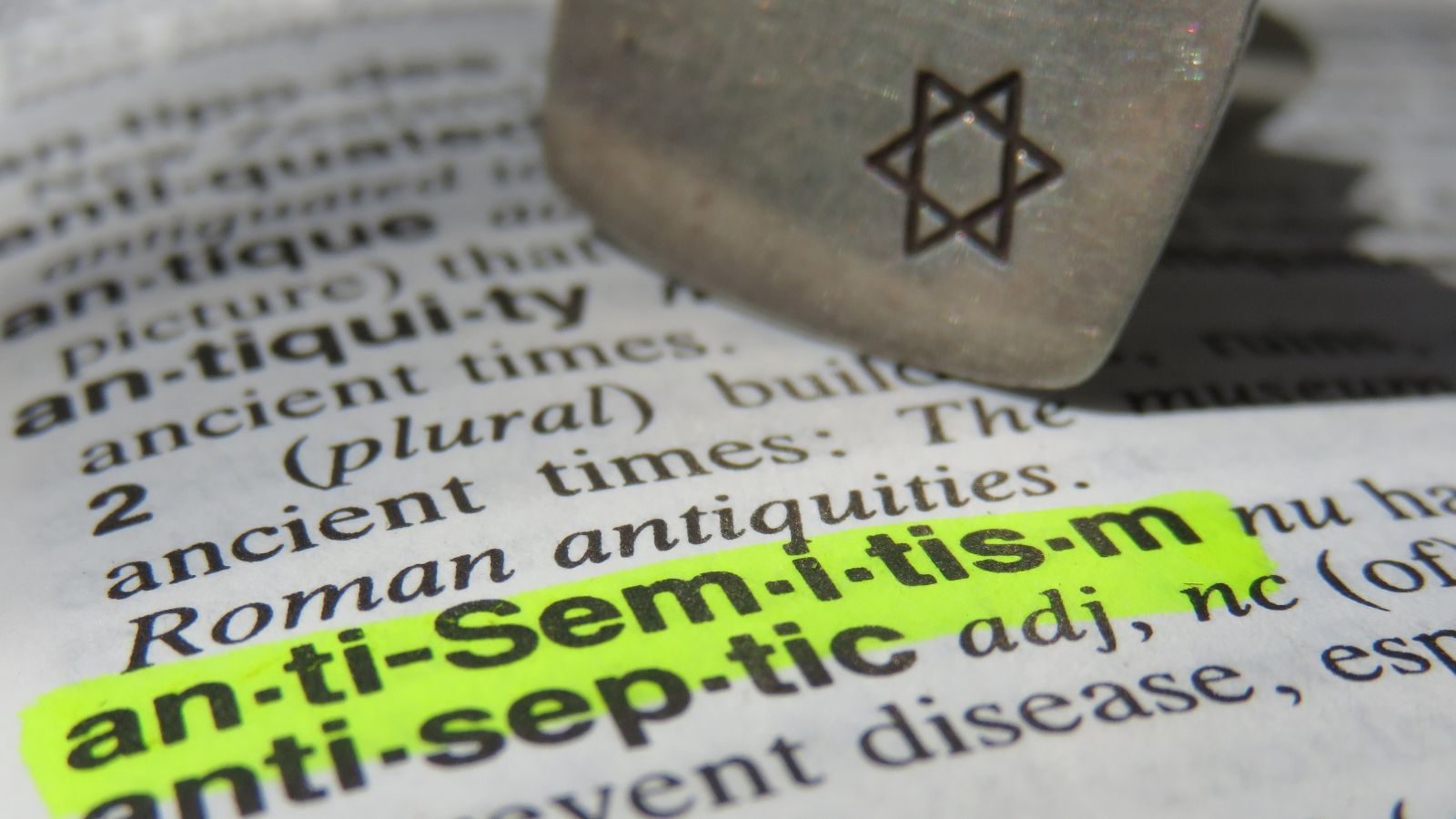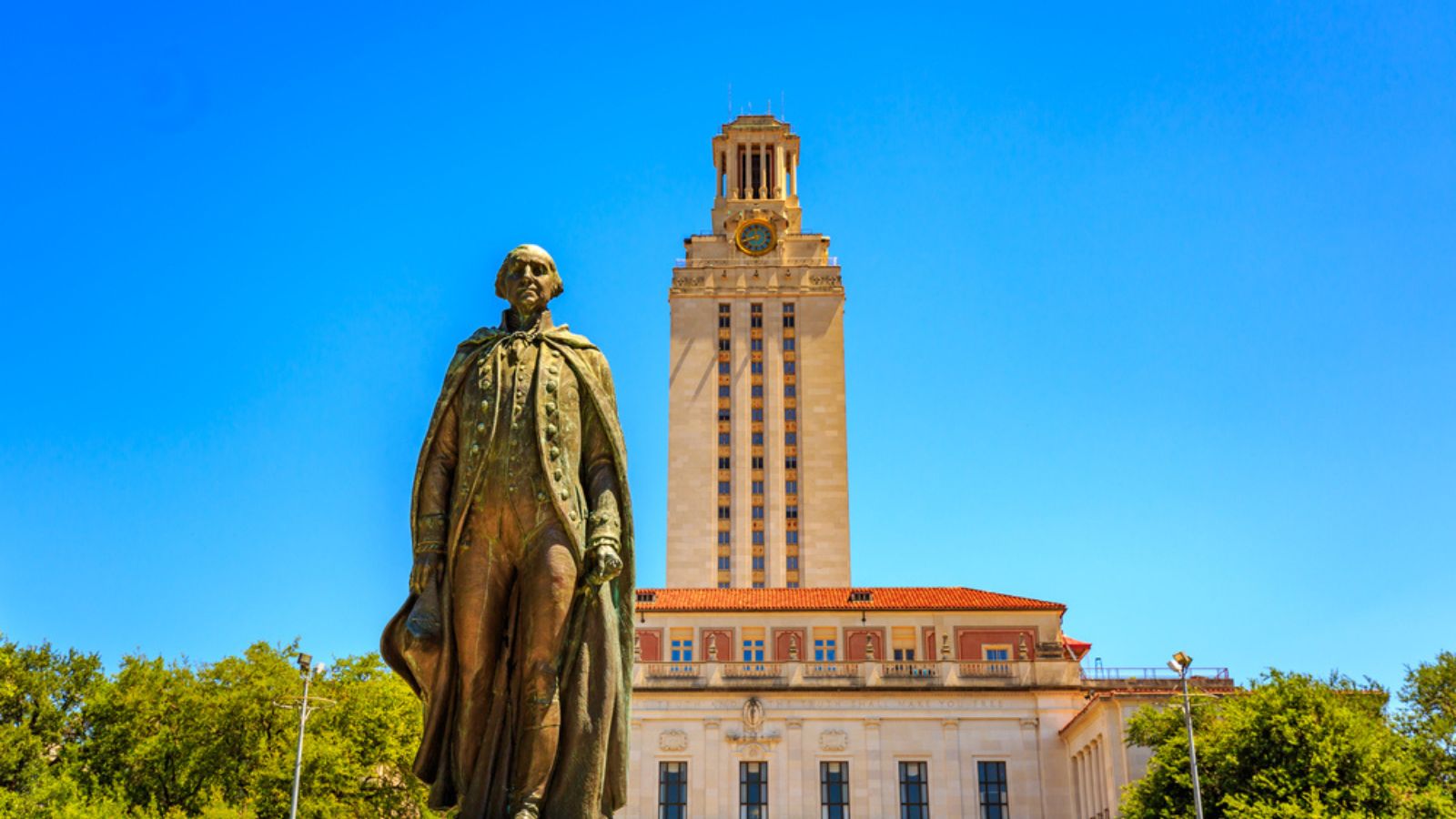The University of Texas at Austin recently demonstrated a stark contrast in handling campus protests compared to its counterparts in traditionally liberal states.
Amidst a wave of anti-Israel demonstrations that have swept across numerous U.S. universities, Texas’ approach underlines a commitment to maintaining order and respecting the rule of law.
Under the leadership of Gov. Greg Abbott and UT-Austin President Jay Hartzell, Texas has taken a robust stance against the disruptive protests on campus.
This firm response highlights the state’s dedication to ensuring that educational institutions remain places of learning rather than conflict.
While universities in blue states like New York and California have seen prolonged disruptions with little to no consequences for protestors, Texas has opted for a more decisive action to preserve campus safety and educational integrity.
Read More: Trump Seems To Hold Israel Responsible for Rise in Anti-Semitism

President Hartzell’s refusal to yield to protest pressures has been a defining moment for the university.
His clear message underscores the importance of adhering to campus rules and the broader legal framework, setting a precedent for handling similar situations in the future.
Approximately 34 students were arrested at UT-Austin for violating campus policies — a stark contrast to the often lenient measures observed in other states.
This decisive action was meant to signal that unlawful behaviors would not be tolerated.
Also Read: Trump Blasts Sen. Graham for Disagreeing With Him in Clash Over Abortion Policies

House Speaker Mike Johnson’s experience at Columbia University, where he faced hostility while advocating for the safety of Jewish students, contrasts sharply with the assertive measures taken in Texas, illustrating different regional tactics in addressing campus unrest.
The national media has taken note of Texas’ approach, with figures like Fox News correspondent Bill Melugin praising the state’s unwillingness to adopt a passive stance.
This reaction points to a growing divide in how different parts of the country respond to campus crises.
The protests and the responses to them raise questions about the impact on the educational environment and the safety of students.
Texas’ approach aims to safeguard these aspects by enforcing strict adherence to the law and university regulations.
Read Next: President Zelenskyy Says Ukraine Ran Out of Missiles To Defend Trypillia Thermal Power Plant

Gov. Abbott has been vocal on social platforms about the state’s zero-tolerance policy towards antisemitism and disruptions caused by protests.
His statements reinforce the state’s stance on upholding law and order in educational settings.
The ongoing situation at UT-Austin serves as a case study in how states can handle campus unrest.
Texas’ model, emphasizing strong leadership and legal enforcement, may serve as a blueprint for other states grappling with similar issues.
As debates continue over the best methods to handle university protests, Texas stands out for its uncompromising approach to law enforcement and campus safety.
This method, while controversial to some, aims to ensure that universities remain centers of learning rather than conflict.
The outcomes of these actions may well influence nationwide policies on handling campus protests in the future.


 Tags:
Tags:










